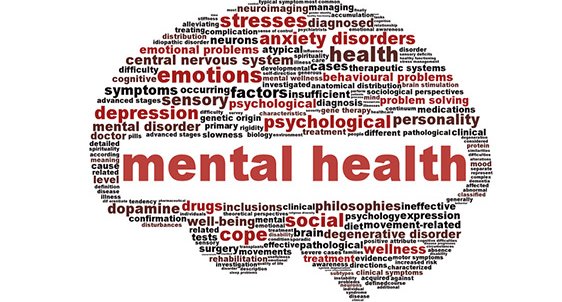Mental Health in Schools – What Should Be Done?

importance of mental health
December 5, 2017
Up to one in five kids living in the U.S. shows signs or symptoms of a mental health disorder in a given year. In a school classroom of 25 students, five of them may be struggling with the same issues — the most common being anxiety disorders. Although these students need it, most who need mental health services won’t get them.
Whether treated or not, the children continue to go to school and the problems they have to deal with can tie into major problems found in schools such as frequent absences, low achievement, disruptive behavior and dropping out. These students have a great deal to cope with. It is not easy going through what they are going through and with the stress of school on top of it, it only makes sense that their conditions would further deteriorate. Teachers should be understanding and these students should be given accommodations.
Children and teenagers with mental health disorders need a variety of support types in school to help them to be successful. For example, students who may become aggressive and those who get overly anxious may benefit from exploring what things lead up to those feelings and being taught strategies to recognize when it is happening and things to do to avoid the problem from escalating. “Mental health and stability are a necessity for succeeding in school and it is important for schools to do what they can to help students achieve or improve good mental health.” explained Alyssa Sanford (11) when asked about her thoughts on the subject.
It can be helpful to look at how mental health symptoms may affect a student in the classroom and the things that may help. For example, students with anxiety disorders may often struggle in school because they are so preoccupied with their ‘worries’ that it makes it hard for them to pay attention. They may have physical complaints like stomach problems and headaches and may be frequently absent. They may also have trouble starting or completing their work because they are worried that it won’t be right. Sometimes their fear of being embarrassed, or getting something wrong may lead them to them to avoid group and social activities and perhaps school all-together.
Teachers and counselors should make accommodations for these students. They could allow flexible deadlines or let the student have an option to re-do work so they feel more confident turning it in, get to know their students so they will be able to recognize escalating anxiety and help the student implement strategies to help manage it, allow for breaks or opportunities to de-stress, or help the student pre-plan for group discussions to help reduce their anxiety about what they will share or say.
Experts say schools could play a role in identifying students with problems and helping them succeed, but it is a role many schools are not prepared for when they should be.





















